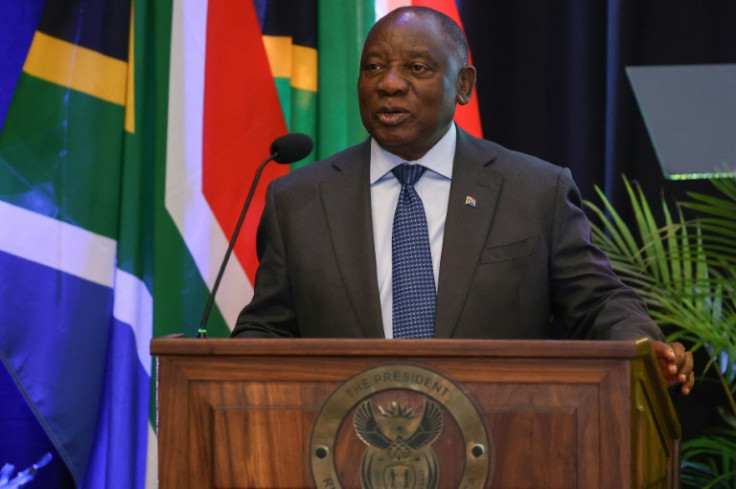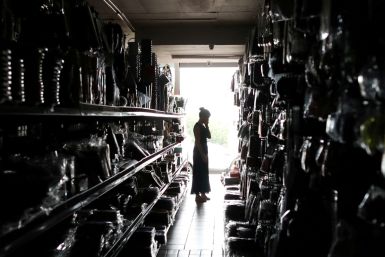South Africa Calls For Urgent Reform Of UN Security Council Over African Representation

South Africa will keep pushing for "urgent reform" of the United Nations Security Council (UNSC), as per President Cyril Ramaphosa, who answered questions in the National Assembly on Thursday afternoon.
Ramaphosa continued to call for urgent reform of the Security Council, based on the common African position outlined in the Ezulwini Consensus. This position demands two permanent seats and five non-permanent seats on the UNSC for Africa.
The consensus also calls for the abolition of the veto power currently held by five members. However, it states that as long as the veto exists, it should be a privilege extended to all new permanent members as well.
"During the 79th session of the UN General Assembly, there was an acknowledgement by some of the five Security Council members that Africa should indeed by granted two permanent seats. However, there is no clarity to the issue of the veto," he said, SA News reported.
The president expressed concern that African countries make up at least a quarter of the UN member states, yet not a single African country has a permanent seat on the UNSC, where decisions about international peace and security are made.
Ramaphosa said South Africa believes the international political and economic system is still unequal and unfair. He explained that it reflects the world as it was over 70 years ago, rather than how it is today. He emphasized that this lack of representation is problematic, especially when African issues are on the UNSC agenda.
He added, "South Africa was among those UN member states that successfully advocated for the recently adopted Pact for the Future to commit urgently [for the] reform the Security Council."
Ramaphosa said that South Africa will continue to strongly advocate for urgent reform of the UNSC to address the historical injustices faced by the African continent. He emphasized that reforming the UNSC is essential for global efforts to promote peace and stability.
He pointed out that the current structure of the UNSC has not effectively carried out its mandate due to the pursuit of narrow national interests and a desire for geopolitical influence.
The president noted that the UNSC has struggled in recent years to prevent or resolve various serious conflicts around the world including those in the Middle East, Sudan, the eastern part of the Democratic Republic of the Congo and the conflict between Russia and Ukraine.
He mentioned that the failures of the UNSC have harmed Africa and the Global South, which often feel the social and economic consequences of conflicts happening elsewhere. The president also highlighted that geopolitical realities have changed since the UN was established.
Ramaphosa noted that South Africa was among those UN member states that successfully advocated for the recently adopted Pact for the Future to commit urgently [for the] reform the Security Council."
Ramaphosa said that South Africa will continue to strongly advocate for urgent reform of the UNSC to address the historical injustices faced by the African continent. He emphasized that reforming the UNSC is essential for global efforts to promote peace and stability.
© Copyright 2025 IBTimes ZA. All rights reserved.


















